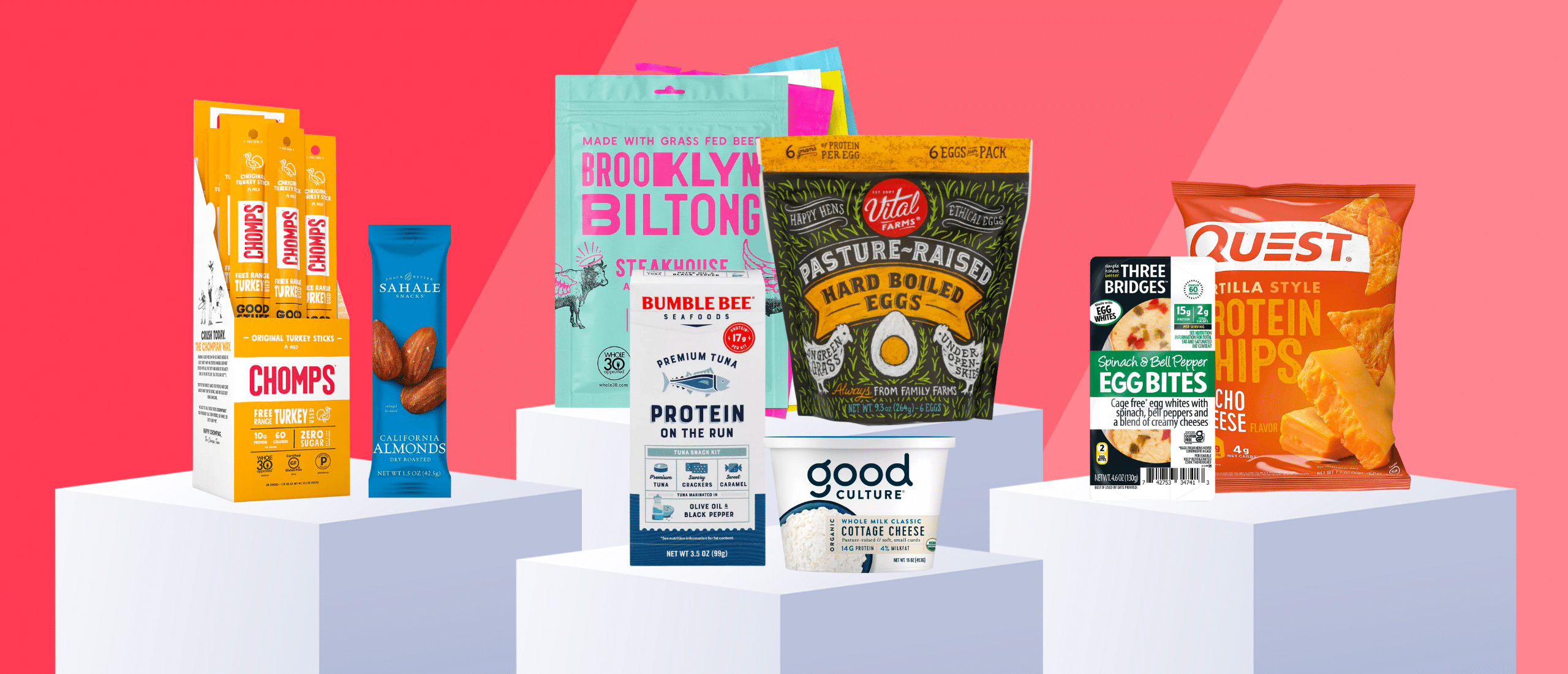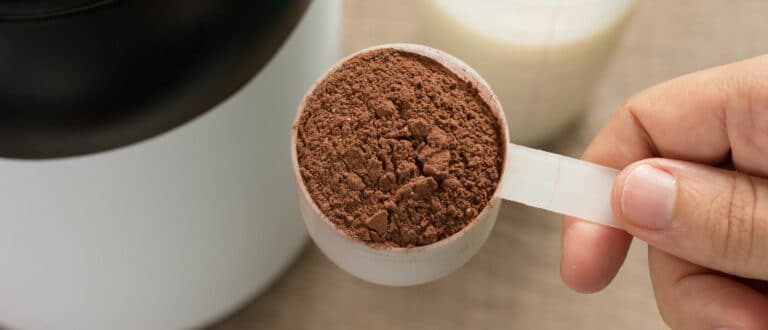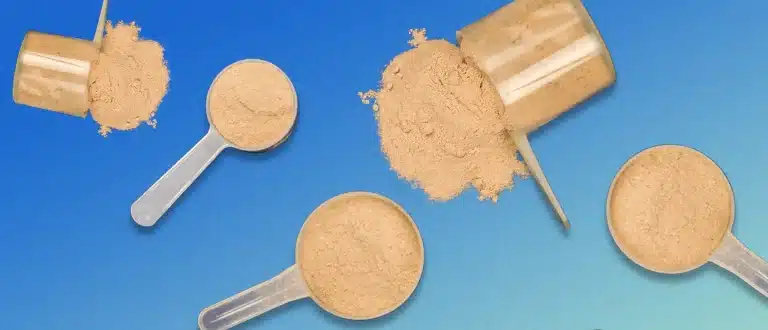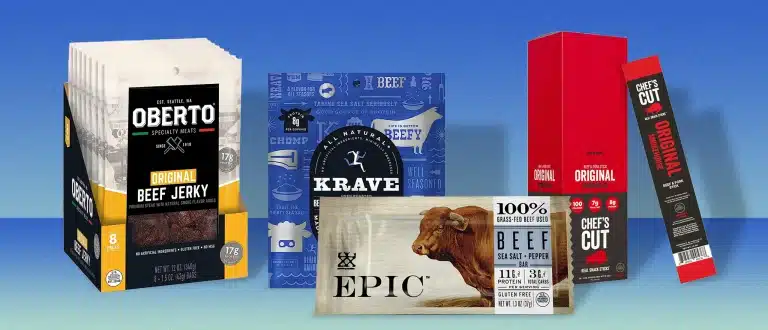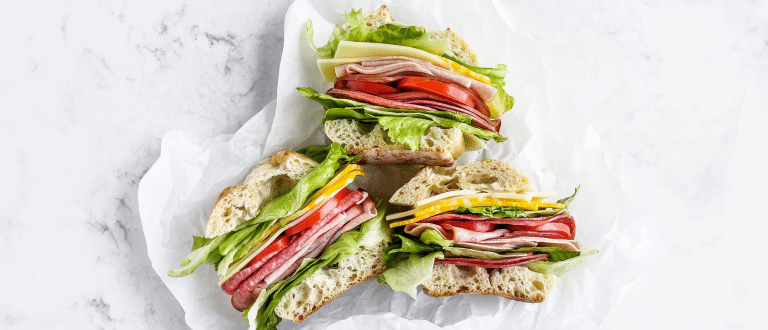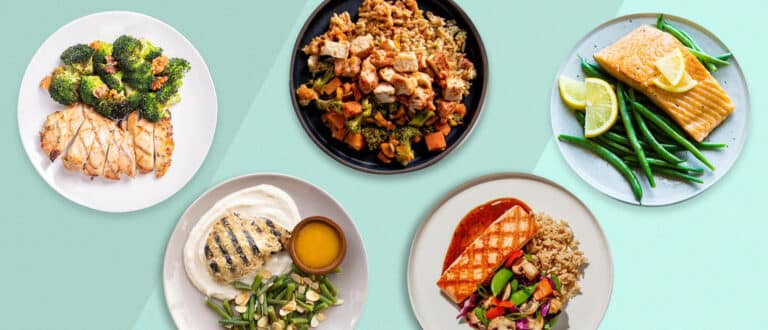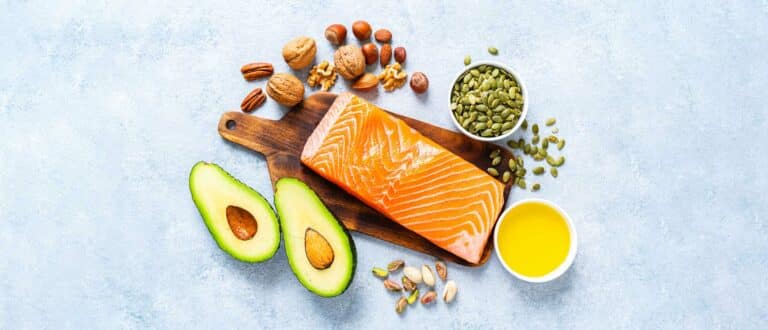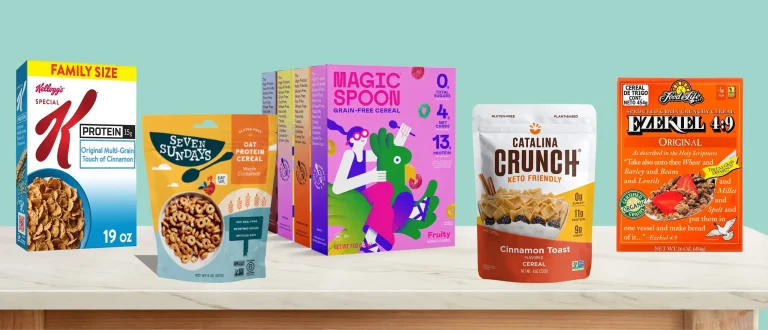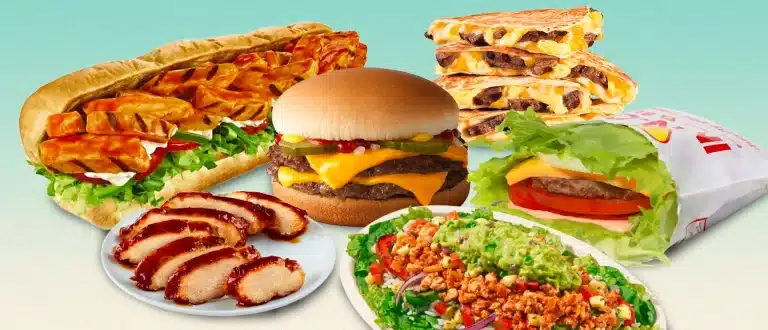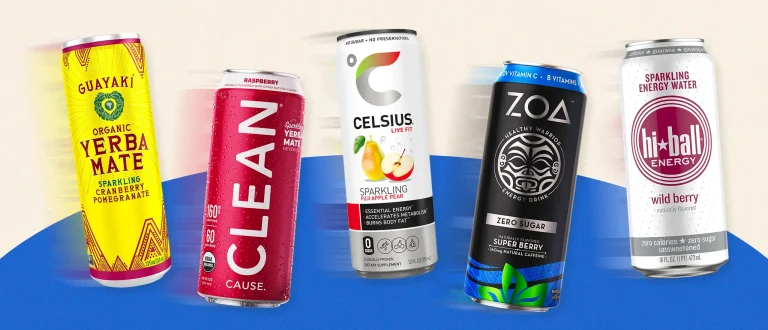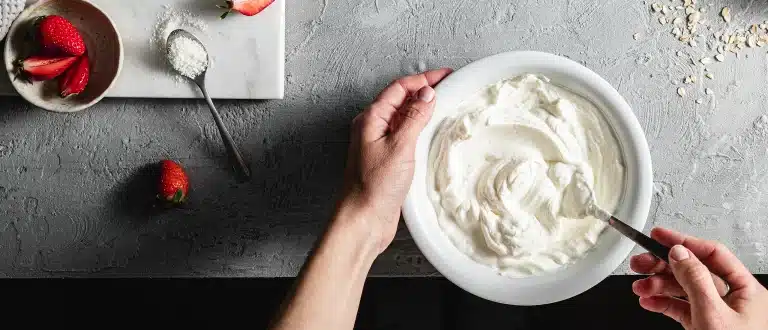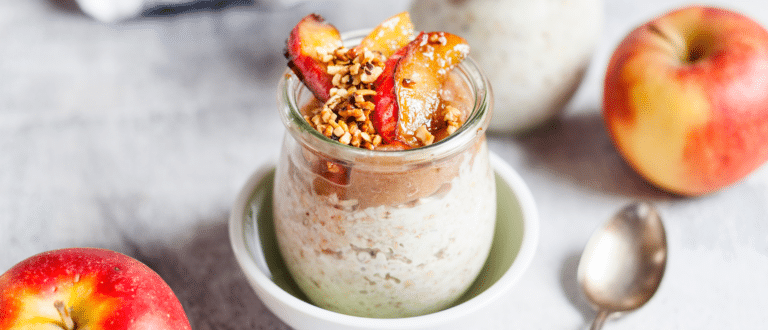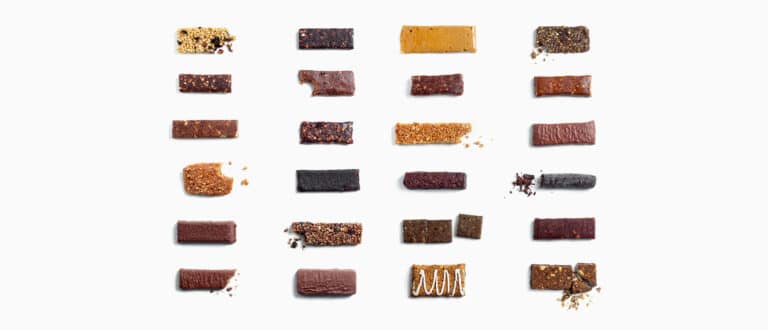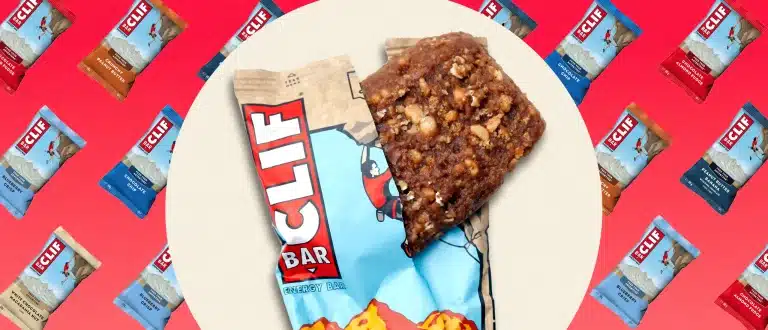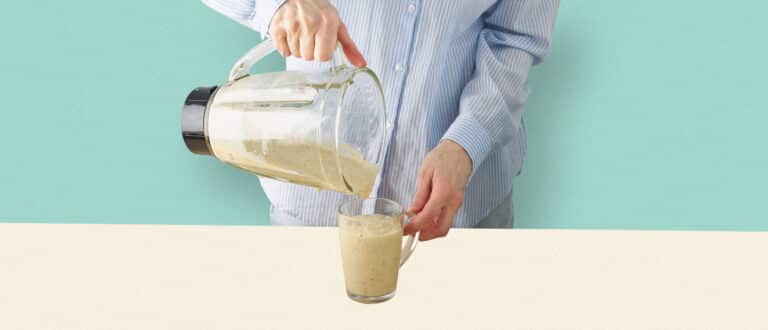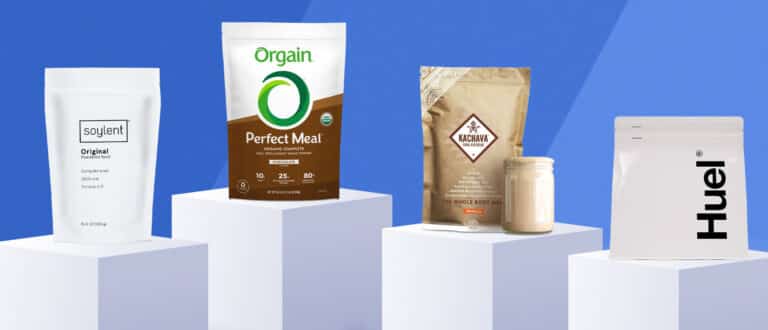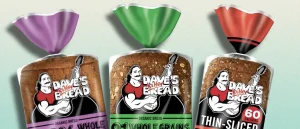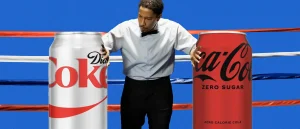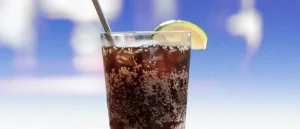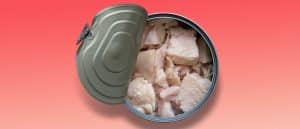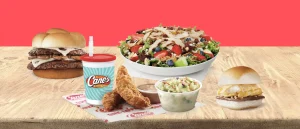Swap the Vending Machine for These 31 Satisfying High-Protein Low-Calorie Snacks
The mid-afternoon slump hits you like a train. One second you’re crushing your daily to-do’s, and the next all you can do is dream of the Snickers bar taunting you from the vending machine three rooms over. You need a snack, and fast—but you know a candy bar or bag of chips will only lead to a sugar high, followed by the inevitable crash that leaves you feeling even worse.
What you need is a high-protein snack. A snack with plenty of protein can keep you feeling satisfied with fewer calories. One study found that protein can reduce cravings and hunger levels (1). Others have confirmed that eating enough protein can help you maintain and even lose weight (2, 3).
Protein can also help you build and maintain lean muscle mass (4). With more muscle mass, you’ll burn more calories at rest, effectively turning your body into a calorie-burning machine. Whether you want to lose weight, build muscle, or just be a little healthier you should make high-protein snacks your best friend.
Here’s everything you need to know about noshing on protein between meals, and the best high-protein, low-calorie snacks to add to help you stick to your fitness goals.
Why You Should Eat More Protein
If you’re thinking about eating more protein, there are plenty of science-backed benefits in your favor. Studies show a diet high in protein can help:
- Reduce appetite and hunger levels (1)
- Reduce cravings and late-night snacking (1)
- Maintain and lose weight (2, 3)
- Boost metabolism and burn more fat (3)
- Maintain and increase lean muscle mass (4)
- Boost bone health (5) and reduce the risk of osteoporosis (6)
- Reduce blood pressure (7)
- Lower LDL (bad) cholesterol (8)
- Recover faster (9)
How Much Protein Should a Snack Have?
It depends on your goals. If you’re looking for a satisfying snack to keep you full and energized until your next meal, look for at least 10 to 15 grams of protein. Just watch the calories. In general, the more protein you can get for fewer calories, the better. Once you exceed 300 calories you start to creep into small meal territory.
That said, if you’re looking to build muscle, you might want to stick to meals and skip the snacks. “Small meals of around 15 grams of protein will never stimulate muscle protein synthesis,” nutrition researcher Don Layman, Ph.D. told Peter Attia on an episode of The Drive. In other words, your afternoon protein bar is likely just being used to meet your energy needs, rather than building muscle.
For hypertrophy (or muscle growth), Layman suggests four meals of at least 35 grams of protein each spaced throughout the day. “If you want muscle to respond, you have to commit to protein,” he adds. If you’re looking for something even quicker than a simple snack, there are options like protein gummies available to you.
31 Healthy High-Protein Low-Calorie Snacks
There’s a time and place for homemade turkey roll-ups and energy bites—if you’re on your meal prep A-game, be our guest. When you simply don’t have the time, however, reach for these grab-and-go high-protein snacks you can buy basically anywhere.
References
1. Leidy, H. et al (2011). The Effects of Consuming Frequent, Higher Protein Meals on Appetite and Satiety During Weight Loss in Overweight/Obese Men.
2. Leidy, H. et al (2015). The Role of Protein in Weight Loss and Maintenance.
3. Moon, J. et al (2020). Clinical Evidence and Mechanisms of High-Protein Diet-Induced Weight Loss.
4. Carbonne, J. et al (2019). Dietary Protein and Muscle Mass: Translating Science to Application and Health Benefit.
5. Wallace, T. (2019). Optimizing Dietary Protein for Lifelong Bone Health A Paradox Unraveled.
6. Hannan, M. et al (2009). Effect of Dietary Protein on Bone Loss in Elderly Men and Women: The Framingham Osteoporosis Study.
7. Kuil, W. et al (2010). Dietary Protein and Blood Pressure: A Systematic Review.
8. Appel, L. et al (2005). Effects of Protein, Monounsaturated Fat, and Carbohydrate Intake on Blood Pressure and Serum Lipids.
9. Cintineo, H. et al (2018). Effects of Protein Supplementation on Performance and Recovery in Resistance and Endurance Training.
10. World Health Organization (2015). Cancer: Carcinogenicity of the Consumption of Red Meat and Processed Meat.
11. Cawthon, C. et al (2020). The Critical Role of CCK in the Regulation of Food Intake and Diet-Induced Obesity.
12. Babault, N. e tal (2015). Pea Proteins Oral Supplementation Promotes Muscle Thickness Gains During Resistance Training: A Double-Blind, Randomized, Placebo-Controlled Clinical Trial vs. Whey Protein.



